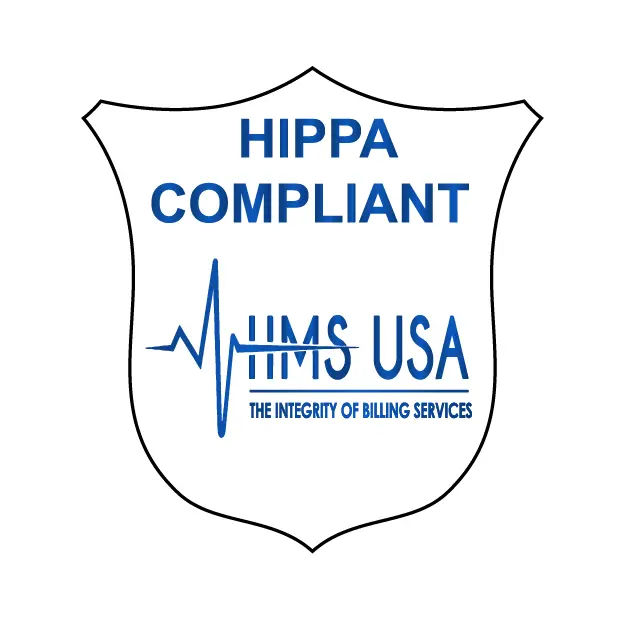
Factors Impacting the Price of Enrollment Services
A massive list of expenses, from medicines to pieces of equipment, makes the healthcare field expensive. The credentialing services pricing is familiar for most individuals to start their practice. An initial and vital step in healthcare practice is credentialing enrollment of a physician to ensure that the provider is eligible to treat patients and get reimbursement. However, it may be time taking, so providers save their time and outsource to the professionals.
Healthcare practice involves many expenses, making credentialing critical for practitioners seeking reimbursement. Credentialing services pricing is a key consideration when outsourcing this time-consuming task. Several factors influence the cost.
Complexity and Scope of Services
The nature and scope of services required for credentialing, based on the healthcare provider and the number of locations they work, can impact pricing. Different requirements for Medicaid, Medicare, or private insurance networks may also contribute to cost variability.
Provider Volume
The number of providers seeking credentials influences pricing. Credentialing companies often offer discounted rates for institutions or groups with a higher volume of providers, capitalizing on economies of scale.
Turnaround Time
The time taken for provider enrollment, typically 100 to 120 days, can affect pricing. Credentialing specialists, leveraging their expertise and a dedicated portal, streamline the process, potentially reducing the overall cost.
Technology and Resources
The use of advanced technology and resources can influence pricing. Modern platforms and software may expedite the credentialing process, potentially reducing manual labor and associated costs.
Expertise and Experience
The credibility and experience of the credentialing service provider play a pivotal role. Companies with a proven track record and a team of skilled experts may charge higher prices, ensuring top-notch services with minimal errors.
Additional Services
Some credentialing companies offer extra services beyond the basic credentialing process, such as ongoing maintenance, re-credentialing, routine follow-ups, and enrollment for service providers.
Geographical Location
The geographical location of the service provider can impact pricing. Areas with higher living costs or increased demand for credentialing services may experience higher pricing.
Credentialing services pricing varies significantly based on these factors. While a general cost range can be outlined, it’s advisable to consult specific service providers for accurate and updated pricing information, as actual prices may differ.
Credentialing services pricing
The credentialing and medical billing services pricing significantly depends on several factors. A general overview of the potential cost range of credentialing services based.
However, remember that the actual prices may differ, and it’s best to consult with specific enrollment service providers for accurate and up-to-date pricing information.
The Various Methods For Physician Credentialing Services Pricing
Individual Provider Credentialing
Credentialing services for individual providers range from $200 to $800, depending on process complexity.
Re-credentialing costs 50% to 60% less than initial credentialing, ranging from $100 to $500 per provider.
Group or Organization Credentialing
Certain services offer discounts for larger healthcare groups. Prices range from $150 to $500 per provider, contingent on the number of accredited providers.
Expedited or Fast-Track Credentialing
Providers who require faster credentialing can be charged a charge for a quicker turnaround time. The cost for expedited services starts from $50-$300 per member.
Local Market Demand
Geographical location and regional demand may impact pricing, especially in areas with higher healthcare sector competition.
Technology and Resources
Companies that use the latest technology and resources to simplify obtaining credentials may charge higher costs than those that use manual processes.
Average cost to credential a physician
Credentialing ensures licensed and qualified physicians meet insurance and healthcare facility standards. Outsourcing this task ranges from $200 to $800 for individual providers, with re-credentialing at $100 to $500. Group pricing varies from $150 to $500 per provider. Expedited services start at $50-$300 per member. Factors influencing costs include technology use, geographical location, and market demand. Credentialing validates qualifications, education, training, and licenses, ensuring safe medical practice.
Understanding Physician Credentialing
Average cost to credential a physician is a way of verifying the doctor’s qualifications, education, training, experience, as well as licenses and certifications, to ensure they comply with the standards set by insurance companies and healthcare facilities. The primary objective is to ensure that doctors are qualified and able to practice medicine safely.
Factors Affecting the Average Cost of Physician Credentialing
The Complexity of Credentialing Process
The plenty of difficulty in a physician’s credentials can differ significantly depending on their specialization and the number of locations they work in, as well as the variety of insurance policies they want to join. More complicated requirements for credentialing can result in higher prices.
Type of Healthcare Facility
Geographic Location
The cost of obtaining a physician credential is contingent on the physician’s location and the service provider providing the credentialing. Regions with higher living costs and a greater demand for enrollment could have slightly higher prices.
Turnaround Time
Physicians who require expedited or fast-track credentialing to see patients fast could be charged an additional cost for accelerated services.
Additional Services
Telemedicine Credentialing: Helping healthcare professionals with credentialing for telemedicine services, considering the specific requirements and regulations associated with remote care delivery.
Payer Support for Enrollment Facilitating: Enrollment with various insurance companies and payers to ensure seamless billing and reimbursement.
Compliance Auditing: Conducting internal audits to ensure that the process of obtaining credentialing is aligned with the industry standards as well as regulatory requirements and best practices.
Credentialing Software: Providing access to the most advanced credentialing software platforms, simplifying process and data management. It automates processes and increases efficiency.
Monitoring of License Renewals: Checking the expiration dates of health care provider licenses and certifications to ensure they are submitted on time and avoid any interruptions in practice.
Estimating the Average Cost
The initial process of obtaining credentialing, which includes processing applications and verifying the primary source and coordinating with healthcare insurance companies and facilities.
Re-credentialing, a requirement to keep a doctor’s credentials, typically costs less than initial credentialing and can be between $100 and $500 per physician.
Selecting the Right Credentialing Service Provider
When choosing a credentialing services provider, it is essential to take into account more than just the cost. The main goal should be to find an experienced, reliable company that provides accurate and reliable results for credentialing. Check out the provider’s track record as well as its employees’ expertise, reviews from customers and the range of services provided.
Read More: Component of Medical Insurance Verification Process
Conclusion
Due to the variety in credentialing services pricing, healthcare providers or organizations who require credentialing services must solicit quotes from various companies and evaluate their offerings. While cost is an important aspect, it is important to consider the level of experience, reputation, and quality of service that the credentialing service provider provides.
In addition, when looking at pricing, providers must ensure that all required services, like primary source verification, insurance enrollment and ongoing maintenance, are incorporated into the total cost. Selecting a reliable and experienced credentialing service will allow healthcare professionals to streamline the process and concentrate on providing outstanding patient care.
To get a precise estimation average cost to credential a physician, it is suggested to get quotes from several credentialing providers and think about the value they can provide in terms of efficiency, accuracy and customer service. A trusted credentialing service will help you streamline the process, ease the administrative burden, and allow healthcare professionals to focus on their primary focus of providing high-quality patient care.






